
by MH Team | Mar 28, 2024 | Red Blood Cells
TL;DR Red blood cell inclusion bodies are abnormal aggregates of material within the cytoplasm of red blood cells, which are visible under a microscope and are indicative of various underlying diseases or conditions. Certainly. Here is an updated and expanded table...

by MH Team | Mar 25, 2024 | Red Blood Cells
TL;DR Disorders lead to abnormal red blood cell morphology primarily by affecting the red blood cell’s membrane, its internal hemoglobin content, or the overall environment of the bone marrow or spleen, which can alter the red blood cell’s size, shape, or...

by MH Team | Mar 21, 2024 | White Blood Cells
TL;DR Leukocytosis is an increase in white blood cell (WBC) count above the reference range. Significance ▾ Not a disease itself, but a marker of underlying infection, inflammation, or blood cancers. Causes ▾ Infections: Bacteria, viruses, fungi, or...

by MH Team | Mar 19, 2024 | Red Blood Cells
TL;DR Drug-induced immune hemolytic anemia are caused by drugs that trigger an immune response to attack red blood cells (RBCs), leading to hemolytic anemia. Mechanism ▾ Hapten Model (most common) (Drug-dependent Antibody Model) Immune Complex Formation (less...

by MH Team | Mar 15, 2024 | Red Blood Cells
TL;DR Autoimmune Hemolytic Anemia (AIHA) is a condition where the body’s immune system mistakenly attacks and destroys its own red blood cells, leading to anemia. This destruction process is known as hemolysis. Types ▾: Warm AIHA Cold Agglutinin Disease...
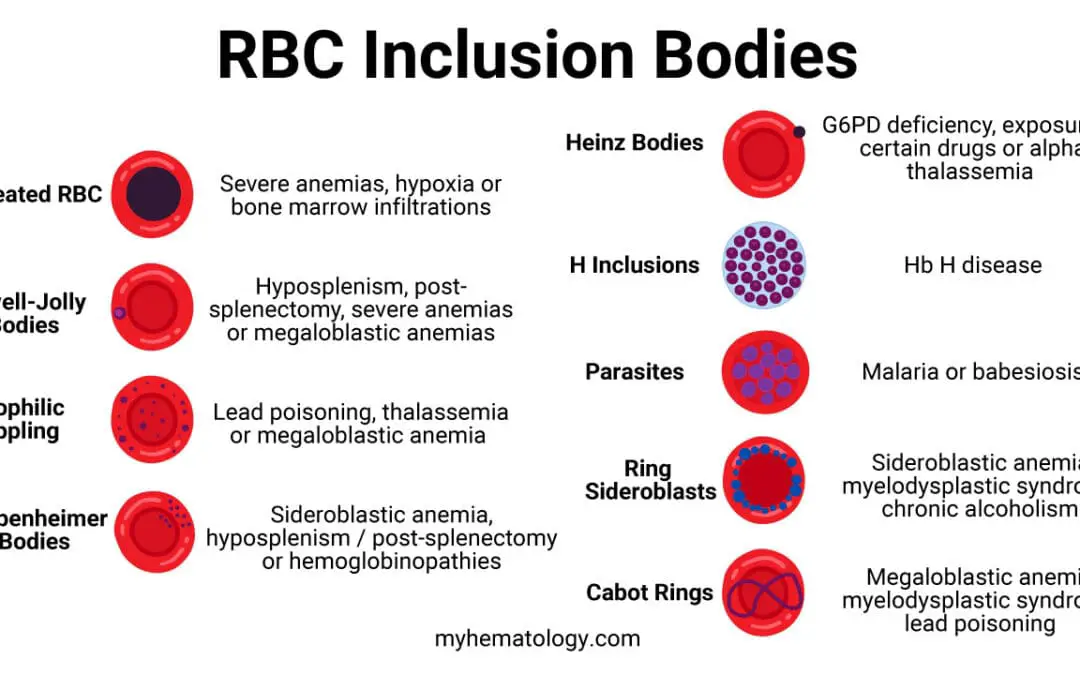

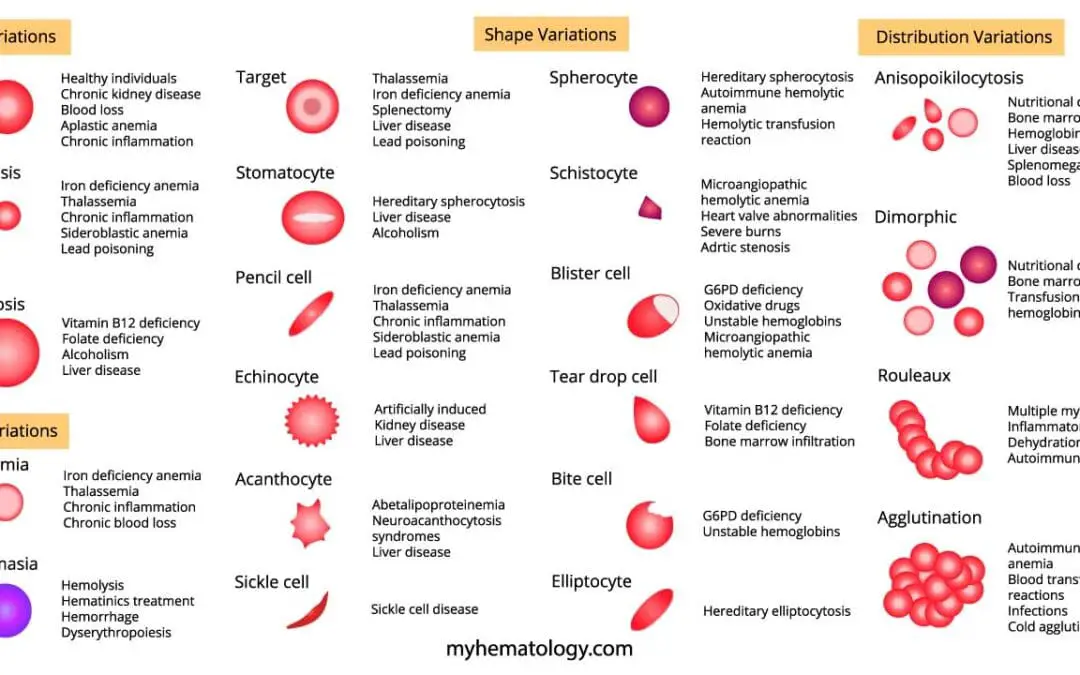
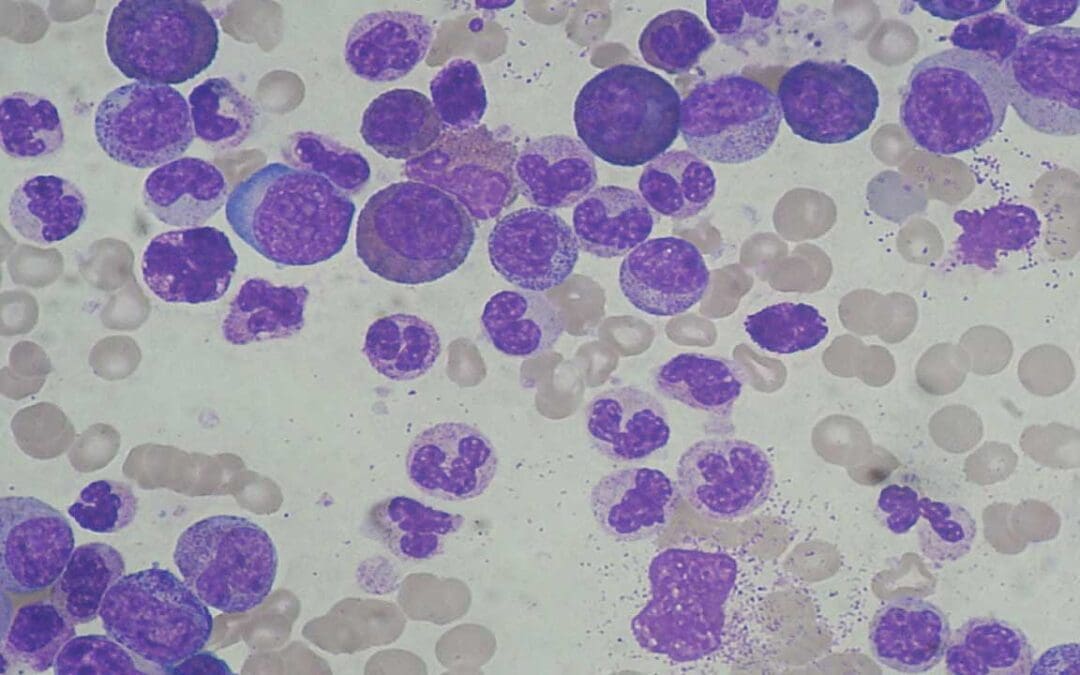
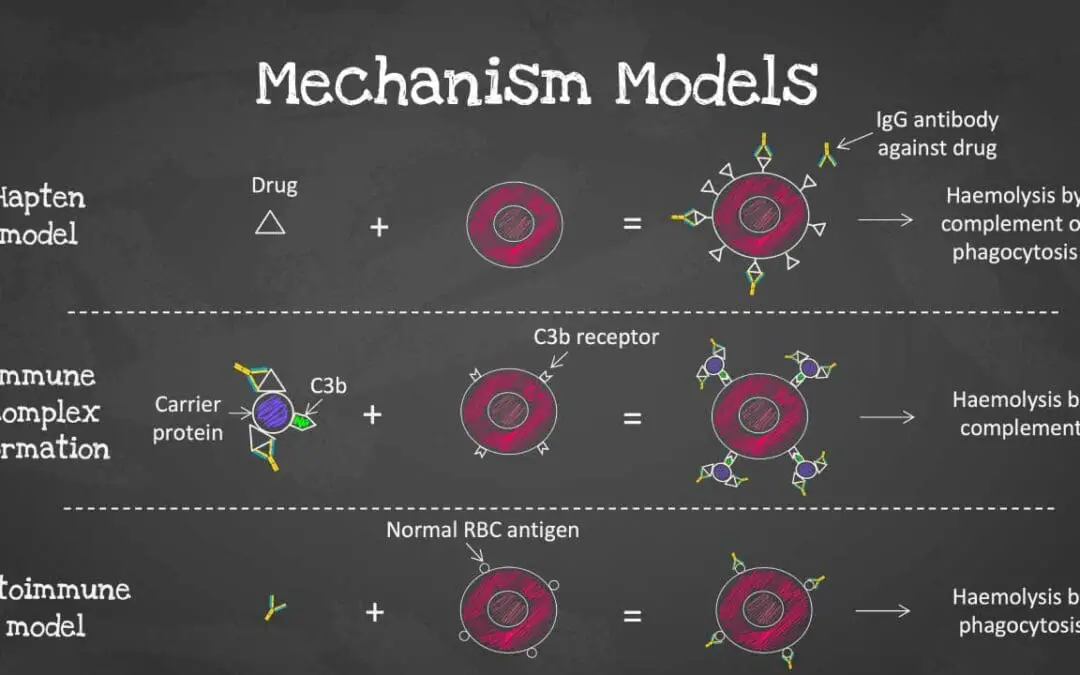
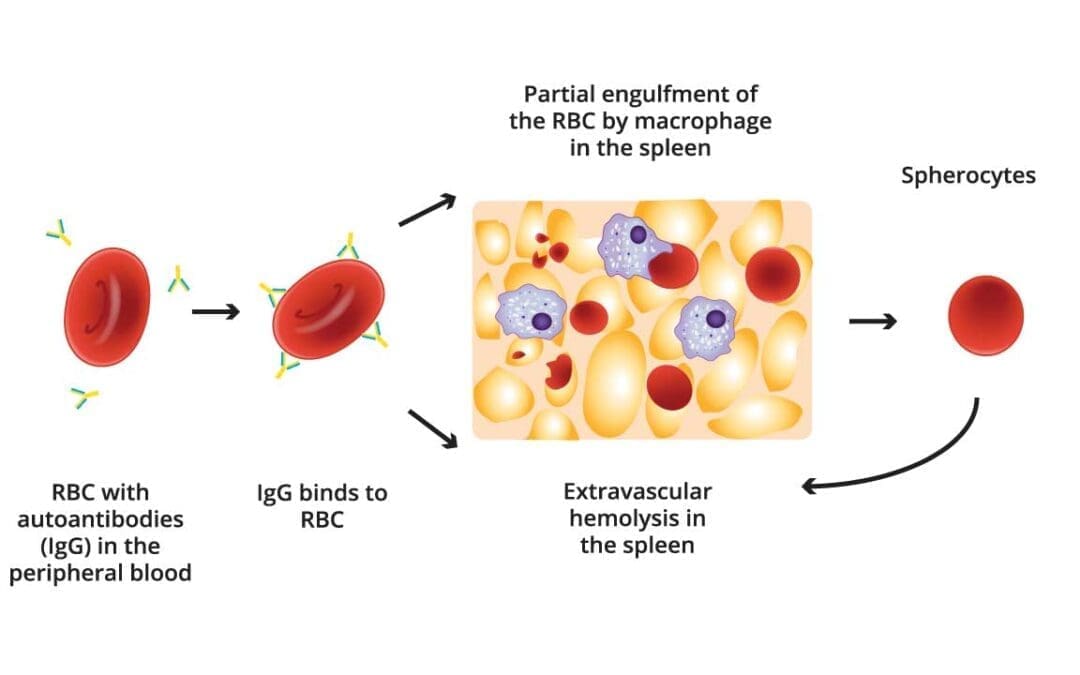

Recent Comments